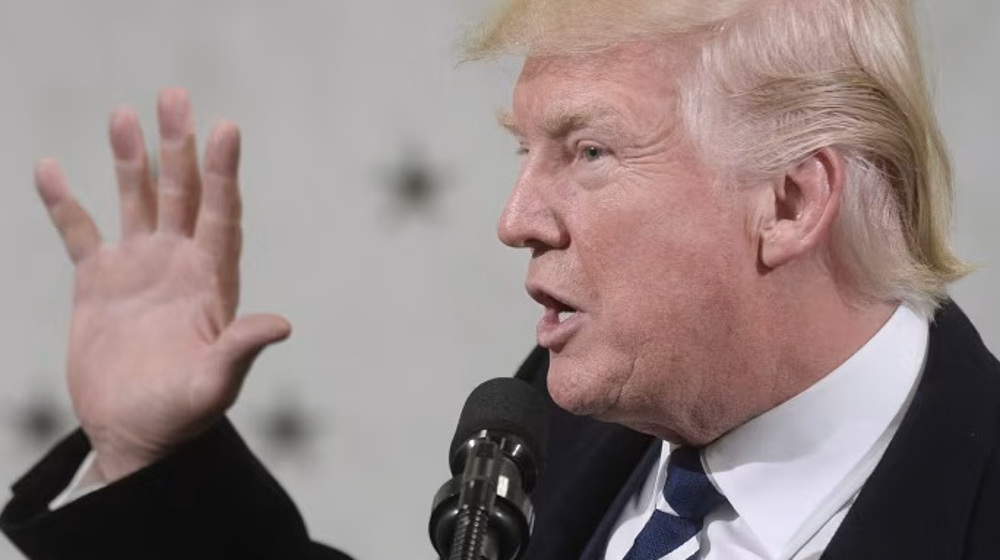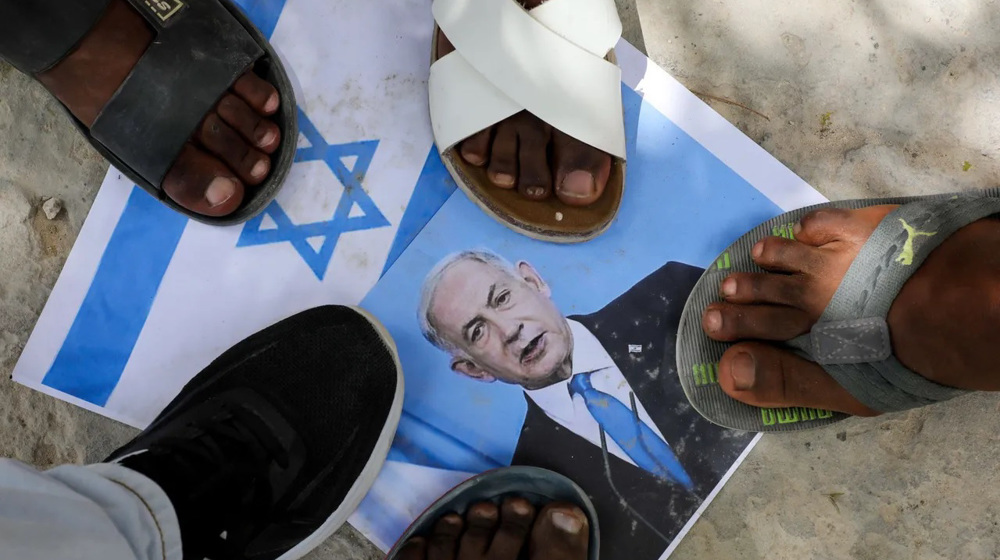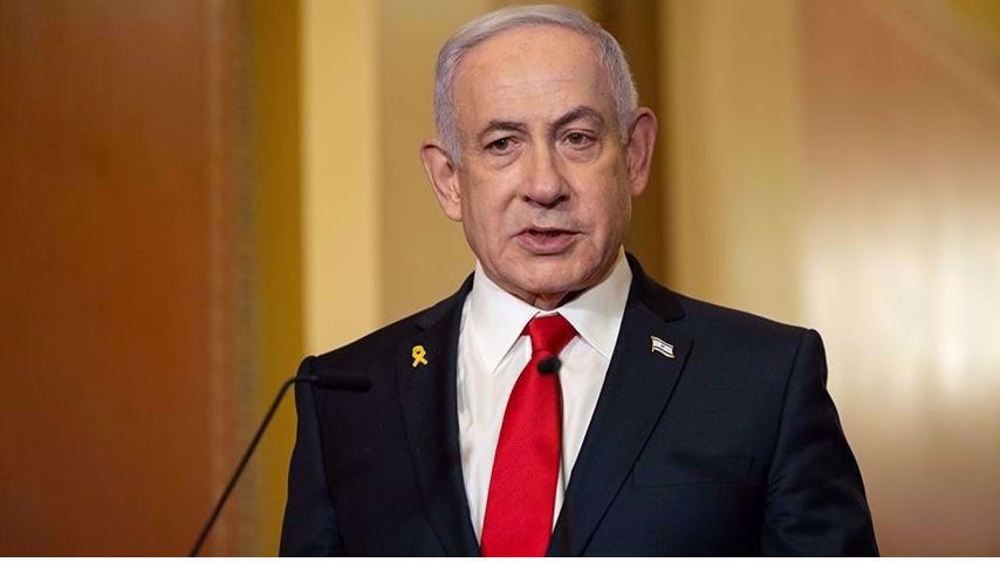Guinea opposition set to launch fresh protests
Guinea's opposition has called for fresh anti-government protest rallies following deadly clashes between demonstrators and police in recent weeks over the country's disputed election timetable.
The coalition of main opposition parties said in a statement late Saturday that it was planning "another peaceful march" in the capital Conakry on Thursday.
The call for renewed protests follows weeks of fierce clashes between anti-government protesters and riot policeو which have left several people dead in several cities and towns across the West African country.
The government and the opposition blame each other for the ongoing violence.
Meanwhile, reacting to the developments, a delegation of the European Union (EU) in Conakry has urged an end to the ongoing political crisis in the impoverished country.
The delegation urged the government and opposition to "exercise the utmost restraint in their statements and political actions and resume political dialogue without delay."
It called on both sides to "work constructively in order to reach a consensual solution for organizing elections and preserving peace in the country."
Over the past two weeks, several people have died in a series of violent clashes between opposition activists and police across the country.

On Thursday, in the second-largest city of Labe, also considered a stronghold of the opposition, witnesses said riot police killed one person. The victim was beaten with batons by security forces. More than a dozen people were also injured.
On April 13 and 14, hundreds of protesters hurled stones at police forces who responded with tear gas and warning shots. The opposition said three people were killed and 50 wounded in the clashes.

President Alpha Conde has been blamed by opposition leaders for insecurity in the country.
The opposition supporters have protested over the electoral timetable, which they claim gives the ruling party an unfair advantage. The opposition has accused President Conde of using the Ebola epidemic as an excuse to postpone voting.
The opposition supporters are demanding that local elections due in March next year be brought forward.
Guinea’s parliament was boycotted in March by the opposition, which withdrew its lawmakers from parliament in protest at the timetable for presidential election.
The last parliamentary elections, initially scheduled for 2013, were postponed by almost three years on account of violent ethnic tensions, which have been unprecedented since Guinea’s independence.
Guinea is one of the poorest countries in the region. It gained independence from France in 1958, but ever since has been run by a series of autocratic rulers.
JR/KA/SS
Maduro’s abduction: China says US cannot act as world’s ‘police’ or ‘judge’
VIDEO | Australians protest over US action in Venezuela
Cuba declares national mourning for 32 citizens killed in US raids on Venezuela
Iran: US must release kidnapped Venezuelan president
After US aggression against Venezuela, Mexico could be next: Report
Qalibaf: Protesters must be heard but foreign-linked agitators will be dealt with
VIDEO | German government refuses to condemn US aggression against Venezuela
Venezuela’s acting president calls for peaceful coexistence, dialogue with US










 This makes it easy to access the Press TV website
This makes it easy to access the Press TV website